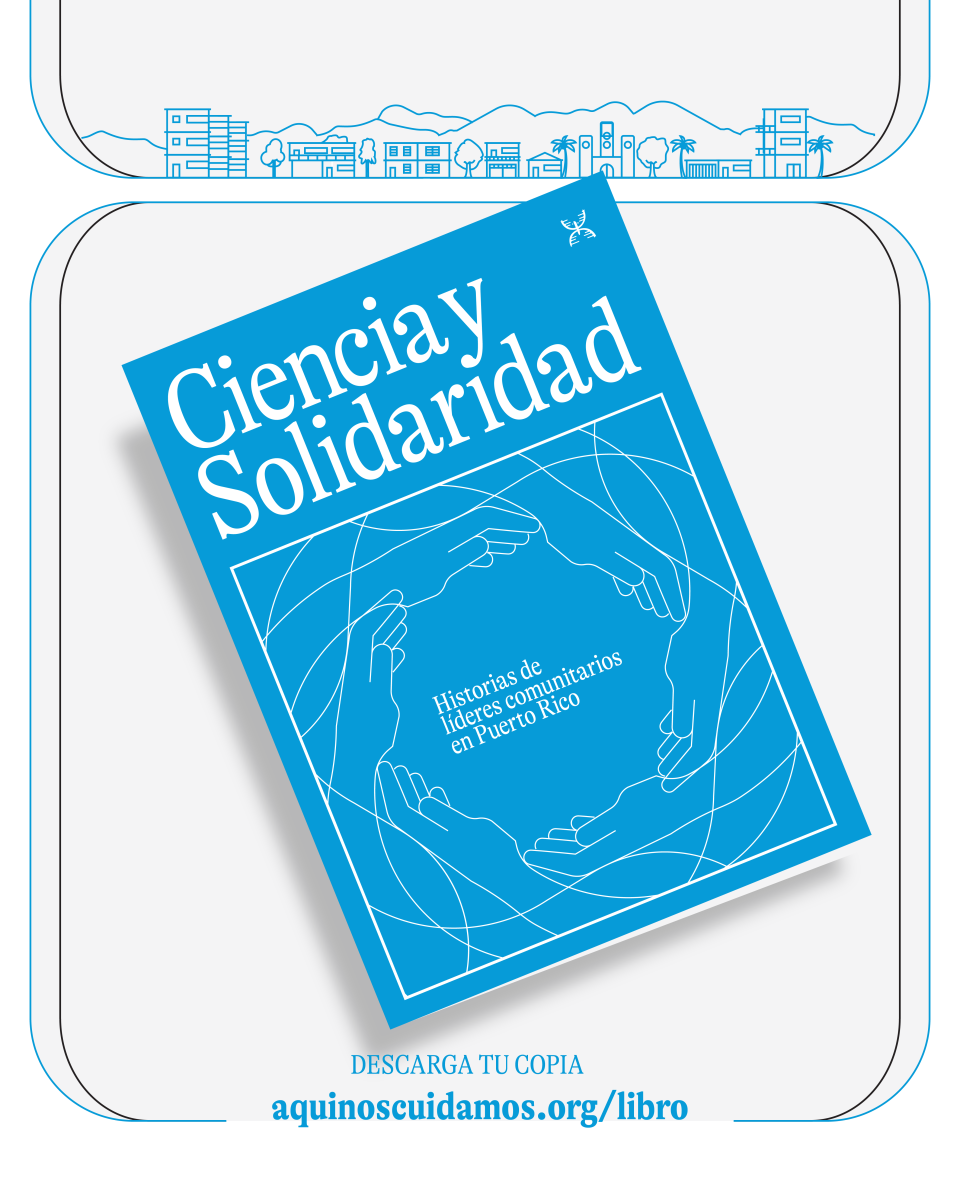Long live community leaders, tabonucos of Puerto Rico!
Submitted by Mónica Ivelisse Feliú-Mójer on
This article is the preface of the book "Ciencia y solidaridad: Historias de líderes comunitarios en Puerto Rico" (Science and Solidarity: Stories of Community Leaders in Puerto Rico).
The community leaders of Puerto Rico are an essential fiber of our country. They constitute an important network of support and security for countless individuals, especially those who are vulnerable and marginalized, in the face of disasters, everyday crises, and institutional failures. They are like the tabonuco, a native tree of Puerto Rico and the Lesser Antilles, with great historical, social, and cultural significance.
The resin of the tabonuco was used by our indigenous people to light torches; its wood was used to build houses and boats. It was also used to treat colds and skin ulcers. It is a slow-growing tree. With a dense and strong trunk, the tabonuco can exceed 100 feet in height and 400 years of life. Its deep root system helps it withstand the onslaught of hurricanes, regreen, and resurge after an atmospheric phenomenon. Through those same roots, a tabonuco tree can connect with up to 20 others to form a community.
Like the tabonuco, the community leaders of Puerto Rico are robust, resourceful, wise, and supportive. They are like a beacon and refuge for the communities of our archipelago. Rooted in their environments, they know better than anyone the contexts, priorities, and needs of their communities, and they have the respect of their people.
For all these reasons, CienciaPR has been dedicated since 2020 to collaborate with and support nearly a dozen community leaders of Puerto Rico, whom you will get to know later. We believe and affirm that science can play a fundamental role in community management, to promote disease prevention and mental health, counter misinformation, and support the creation of spaces for nutrition, knowledge exchange, and fellowship. Through projects like Aquí Nos Cuidamos and the Community Science Laboratory, part of the Public Engagement in Science Unit of the organization, we seek to connect leaders with tools and opportunities to enhance the knowledge and solutions that already reside in communities.
To celebrate the Week of Community Leaders, Groups and Community Self-Management of 2024, which is celebrated the first week of March every year, Ciencia Puerto Rico (CienciaPR) published the digital book "Science and Solidarity: Stories of Community Leaders in Puerto Rico." The text highlights the stories of 11 community leaders who use science to address the needs and priorities of their communities. In its pages, we present the profiles of eleven tabonucos from different parts of our archipelago, with unique life and leadership stories. We highlight their work and collaborations with CienciaPR, but above all, we celebrate their greatness and examples. Long live the leaders, tabonucos of Puerto Rico!









